UNLOCK COUNTLESS POSSIBILITIES
OpenScore aims to make sheet music accessible and adaptable for everyone, for any purpose.
Musicians
Sheet music on paper is static. It doesn’t allow you to listen to the music, transpose it, extract parts, change the font size... With OpenScore editions this will all become possible. The interactive scores will greatly improve the user experience, for everyone, for free.
Students
Teachers
Teachers who want to cover iconic works, will be able to study these works, adapt them and share them with their students, without the fear of infringing copyright. Students will be able to dive deeply into the score, being able to follow the score during playback, show or hide different instruments, mute voices to listen to specific parts on their own and make any alteration they want.
Composers
Arrangers
Editors
The OpenScore editions will be released into the Public Domain using Creative Commons Zero, allowing every musician to adapt the music without having to ask for permission. You can create arrangements, medleys, adaptations or any other variations you can think of based on the OpenScore works. You can save the music online and share it via YouTube and other platforms. The music also looks great on paper!
Blind and Partially Sighted
Each OpenScore edition will be available as a Braille file, allowing blind musicians to read these works on their Braille terminal. Partially sighted musicians can load OpenScore editions in the free MuseScore notation software and easily apply modified stave notation styles in order to change the score in a way they can read it.
Developers
People who create music software and applications, will be able to create entirely new experiences, leveraging this OpenScore editions. The developers will be able to focus their time on the best new experiences, instead of spending their time on securing licenses from sheet music publishers or wasting their limited resources on transcribing sheet music. OpenScore will spur new innovation in sheet music applications, machine learning and more.
Musicologists
Musicologists will be able to accelerate their research and avoid spending their time on transcribing public domain music. Instead, with toolkits such as music21, musicologists can dive deep into the big data of symbolic music which OpenScore will provide to them.
Visual artists
Just like a musician can find his inspiration in the vast musical history, so can visual artists create new art based on OpenScore works. Check for example the Off the Staff project by Nicolas Rougeux or the Music Animation Machine by Stephen Malinowski. This is a great way to make classical music more accessible and enjoyable, as it triggers senses other than the ear.
Gamers
Youngsters these days are looking for instant gratification. Music learning games can provide this satisfaction. OpenScore turns paper sheet music into digital scores in various formats like MIDI and MusicXML, which can be loaded into music games. Check for example the alternative way to learn to play a song through Synthesia.
Publishers
Anyone will be able to load an OpenScore edition into their preferred notation software and adapt it to create a new critical edition or high-quality engraved publication. Since all OpenScore editions will be licensed under Creative Commons Zero, there are no restrictions in distributing your adaptations for money or for free.

